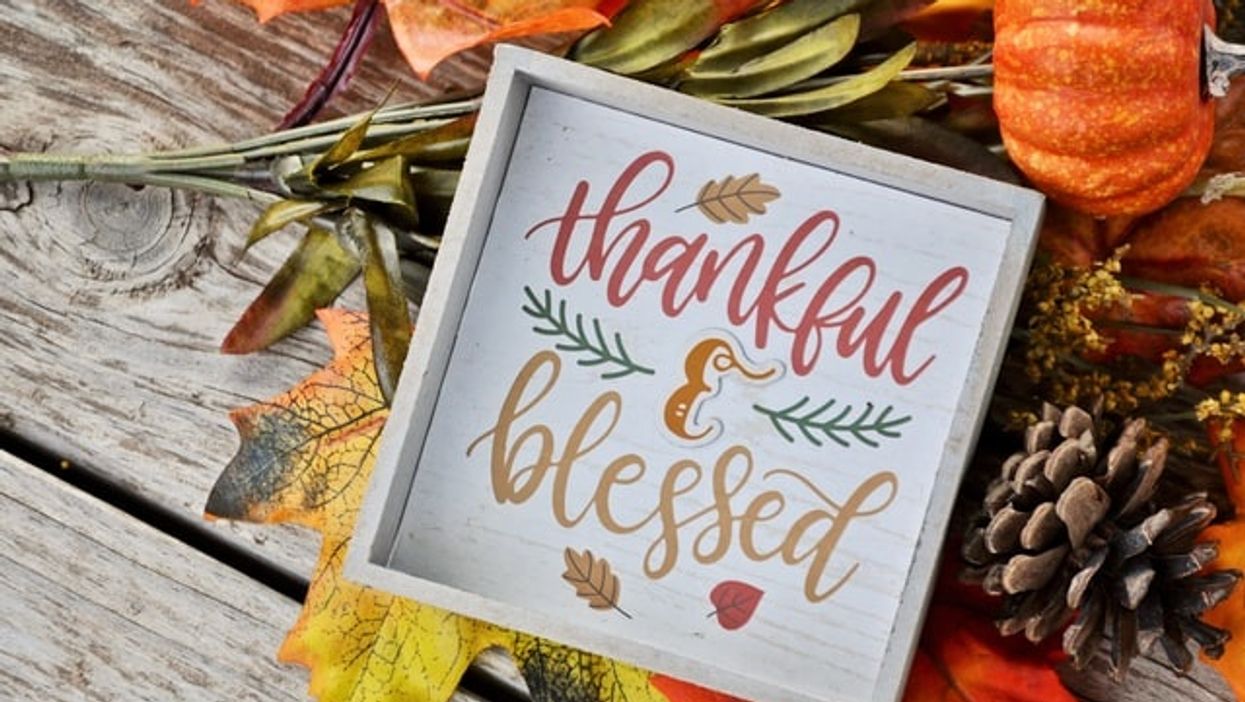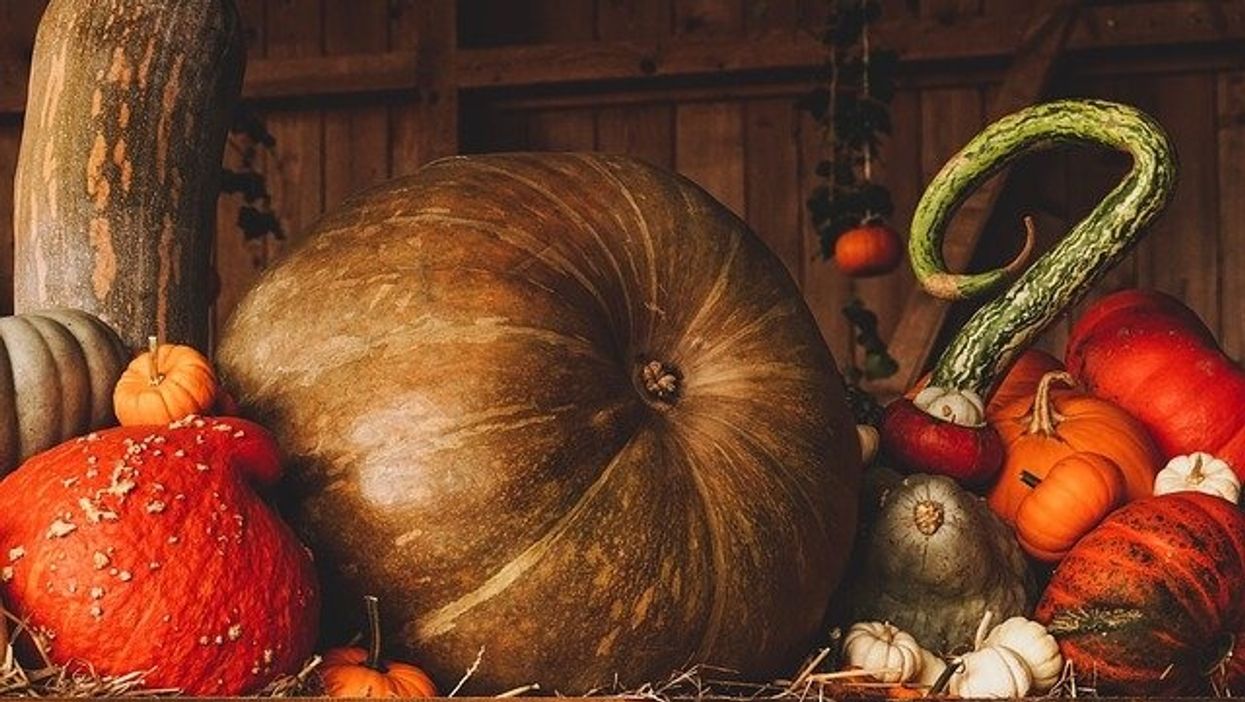Why We Should Still Be Giving Thanks
Thanksgiving is the most American of holidays. But there is something almost un-American about it. It is a day opposed to striving, to getting more. We stop adding up the numbers on the scorecard of life. We freeze in place and give thanks for whatever is there.
The Wall Street Journal once featured sob stories about failed dot-com entrepreneurs. People still in their twenties and thirties spoke painfully of their disappointments. They had planned to make many millions on internet startups, but the dot-com market crashed before they could pile up the first seven figures.
One 29-year-old had joined a new company that paid "only" $38,000 a year (about $64,000 in today's dollars). His business school classmates were averaging $120,000 at traditional firms. Others talked of working outrageously long hours. When their dot-com closed its doors, they had little personal life to fall back on.
Our culture does not encourage contentment with what we have. This is the land of the upgrade. One can always do better, be it with house or spouse. When money is the measurement, the competitive struggle can never end without acknowledging some kind of defeat. Everyone other than Elon Musk has someone who is ahead.
Messages in the media continually tweak Americans' innate sense of inadequacy. Our folk hero is the college dropout who sells his tech company for $2 billion by the age of 26. How is a middle-aged guy making $65,000 a year supposed to feel about that?
Some years back, an investment company ran an ad showing a young woman sitting pensively on a front porch. "Your grandfather did better than his father," it read. "Your father did better than his father. Are you prepared to carry on the tradition?"
Note the use of the respectable word "tradition" on what's really a call for intergenerational competition. It suggests that failure to amass more wealth than one's parents is a threat to the family's honor.
So what if the next generation isn't so rich as the previous one? The way most of our younger people live would be the envy of 95 percent of the earth's inhabitants.
Such thinking would have been wholly foreign to the Pilgrims celebrating the "first Thanksgiving." The Pilgrims traded all the comforts of England to worship as they chose. Their ship, the Mayflower, landed at what is now Plymouth, Massachusetts, on December 16, 1620. They held the "first Thanksgiving" the following autumn.
Mid-December is an awful time to set up shop in the New England wilderness. Disease immediately carried off more than half of the 102 colonists. They are buried on Coles Hill, right across the street from Plymouth Rock. Without the help of the Wampanoag Indians, the colony would have vanished altogether.
Things got better by 1625, prompting the colony's governor, William Bradford, to write that the Pilgrims "never felt the sweetness of the country till this year." But that hadn't stopped them from giving thanks four years earlier. The purpose was not to celebrate the good life but to celebrate their staying alive. The natives shared in the feast.
By the 1830s, America was already a bustling land of fortune building and material lust. Intellectuals of the day looked back nostalgically at the Puritan concern with unworldly matters. Ralph Waldo Emerson spoke of the Pilgrims' religious orientation as "an antidote to the spirit of commerce and of economy."
Thanksgiving is a throwback to that misty past. It requires a Zen-like acceptance of the present and what is. Gratitude is the order of the day.
This is a full-glass holiday. To be healthy, educated and living in America is to have one's cup running over. For that, let us give thanks.
Reprinted with permission from Creators.












Trump Cabinet Nominee Withdraws Over (Sane) January 6 Comments